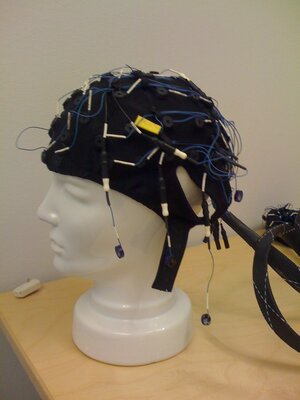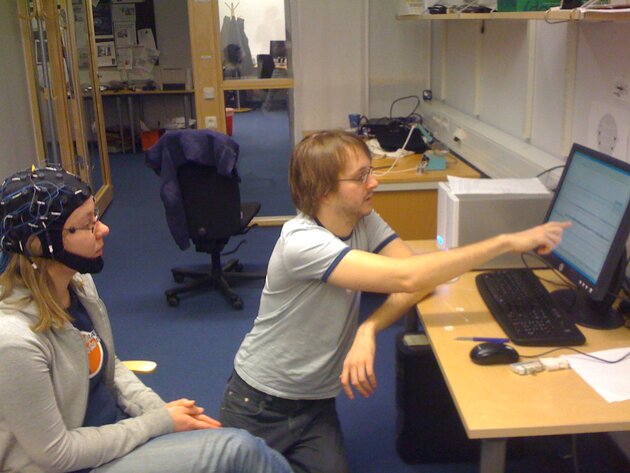Abstract, emotional and concrete words in the mental lexicon: empirical studies in the neurocognitive processing of visual, auditive and contextual meaning patterns

The aim of this project is to obtain insights into word relationships in the ´mental lexicon´. The project studies will investigate how different types of information interact in the processing of abstract words such as ideal, emotion-related words such as joy and concrete words such as tulip. Previous research within the fields of neuropsychology and cognitive science indicates that concrete and abstract words are processed differently in the brain. Whereas concrete words are more dependent on posterior brain areas where e.g. visual and tactile information is processed, abstract words seem to be more dependent on anterior brain areas, traditionally associated with language processing. It is not self-evident how abstractness should be defined. In most previous research, the abstract word category has comprised words from different semantic areas, including emotion words, the common denominater being that they denote things which cannot be directly experienced through the five senses. However, emotion-related words can also be regarded as a category of their own, since they are closely related to bodily experiences like concrete words, but are nevertheless related to inner states rather than to physical objects which can be seen, heard or touched. The project will integrate linguistic theories modeling word representations in terms of semantic features and semantic frames with general models of neurocognitive information processing in its investigations into the relationship between different types of sensory-based information and contextual information. This will be done in studies where relationships between words in spontaneus speech are analysed, and also in experiments where EEG (electroencephalography) is used to register the brain activity associated with the processing of different word types. People with language-related disturbances, e.g. stroke-related aphasia, as well as speakers without communication problems, will participate in the studies. Since there is a lack of methods for diagnosis and treatment of problems with abstract and emotion-related word processing, the results of the project will provide useful clinical applications within the field of speech therapy.

